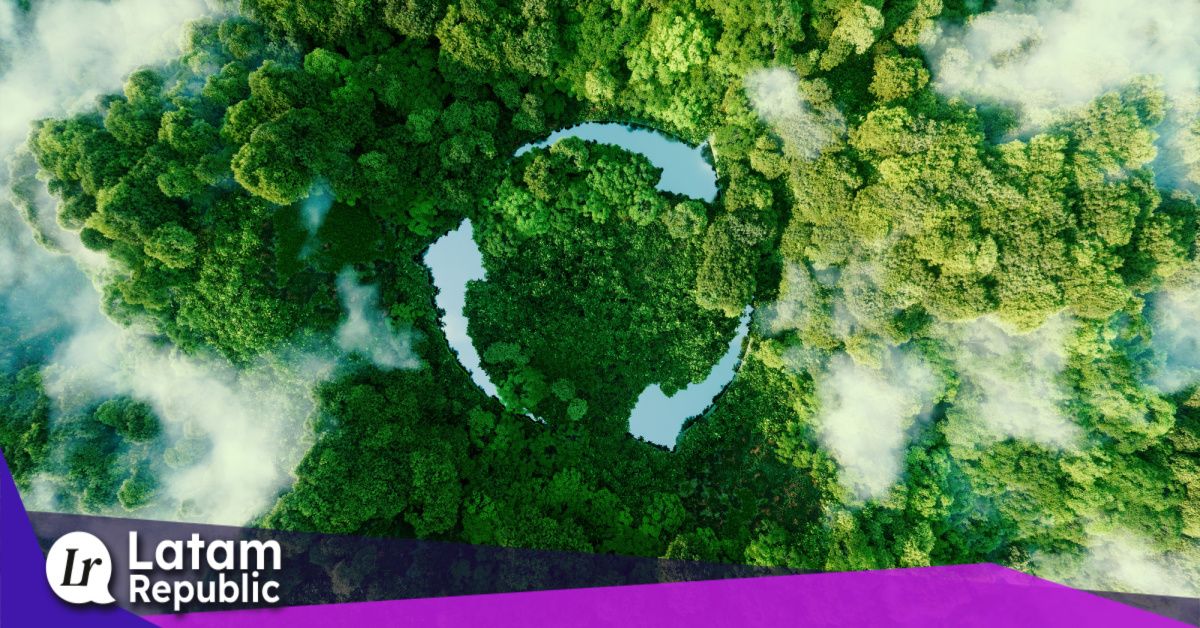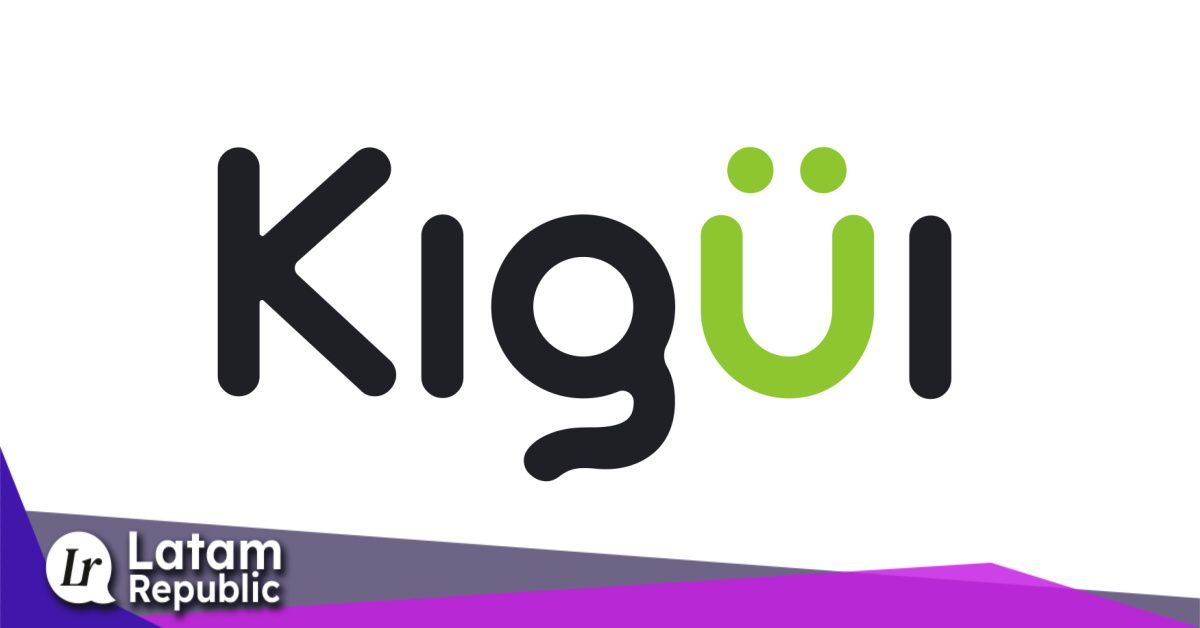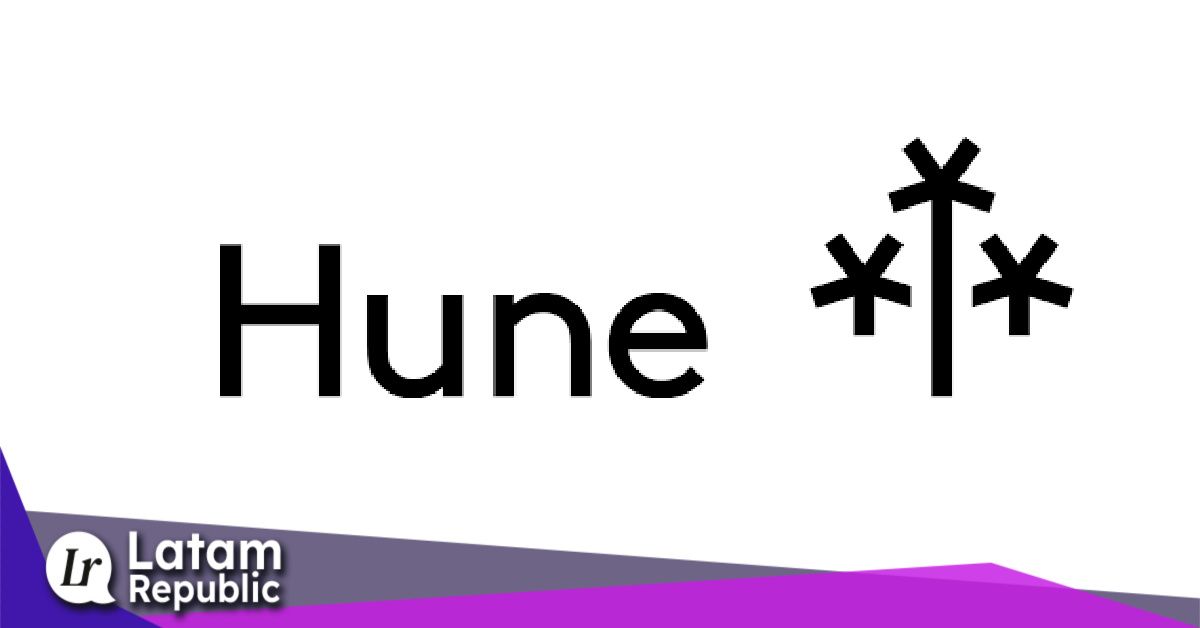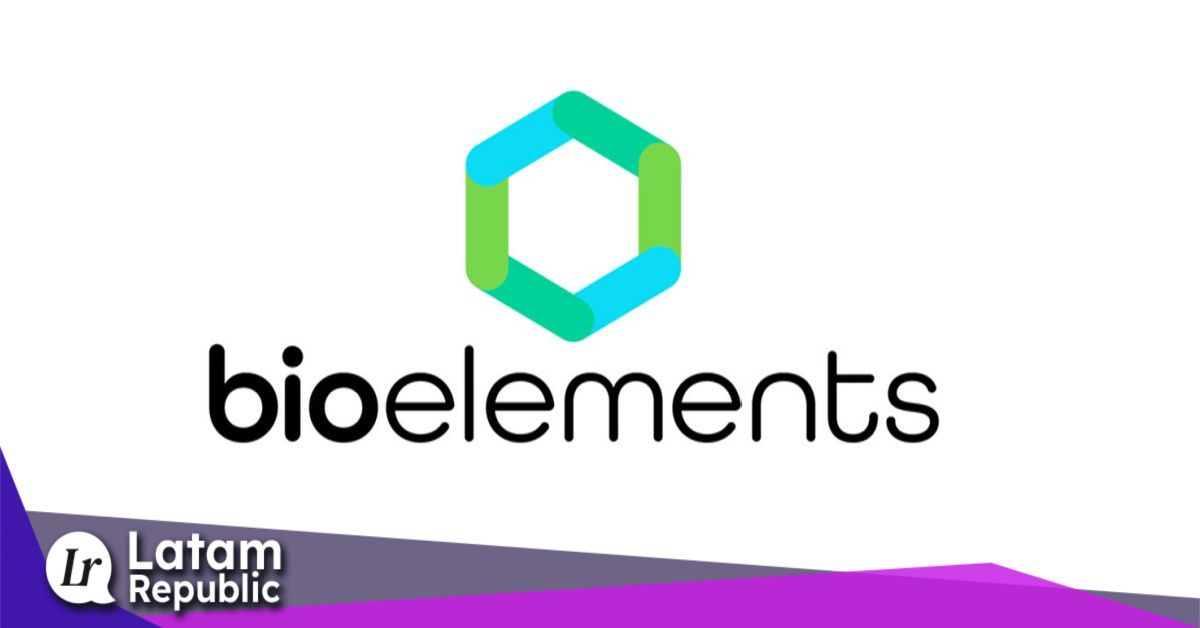Zero Waste Startups: A Solution on the Horizon for Latin America's Waste Problem

Waste reduction and environmental pollution are serious issues affecting Latin America and the entire world. In response to this concern, startups focused on the concept of "zero waste" have emerged, aiming to address these issues from a business perspective. These startups are leveraging innovation and technology to provide sustainable solutions and contribute to environmental conservation. In this article, we will explore some of these companies and how they are helping to solve the waste problem in Latin America.
Food Waste Prevention: Kigüi

For over eight years, Mauricio Kremer, CEO and co-founder of Kigüi, has worked in the fast-moving consumer goods industry, holding roles such as sales and logistics director. During that time, he had the opportunity to witness firsthand the food waste in supermarkets and the challenges that brands faced in implementing effective solutions.
Driven by this, he founded Kigüi, one of the standout startups in the zero waste field, focused on tackling the issue of food waste in Latin America. In the region, it is estimated that approximately one-third of produced food ends up being wasted, equivalent to millions of tons of discarded food. With the aim of reducing this loss and promoting the purchase of products nearing their expiration dates, Kigüi has developed an innovative mobile application.
The Kigüi app incentivizes consumers to purchase products close to their expiration dates by offering them refunds. The mechanics are simple: users take a photo of their purchase receipt along with the product's expiration date, and Kigüi reimburses them within 72 hours through a virtual wallet. This strategy encourages consumers to choose products that would otherwise be discarded, thus preventing unnecessary waste. The results achieved by Kigüi in Argentina and Mexico have been successful, saving thousands of food items and significantly reducing waste.
E-Waste Solutions: Hune

Another emerging company dedicated to addressing the waste problem is Hune, which focuses on proper management of electronic waste, known as e-waste. In Mexico, over 1,200 kilotons of e-waste are generated annually, yet only 3% of these waste materials are managed and recycled properly. Hune has established a partnership with the electronic recycling company, Recicla Electrónicos México (REMSA), with the goal of collecting electronic devices that people wish to dispose of, free of charge.
Hune utilizes these electronic waste materials as raw materials to manufacture various products, including headphones, cables, wireless chargers, and speakers. The company employs the "design for sustainability" methodology to ensure that its products have the least possible environmental impact throughout their lifecycle. Additionally, they use post-consumer certified recycled plastics in the manufacturing of their products. Thanks to these practices, Hune has managed to develop a sustainable solution to reduce e-waste and promote a circular economy.
Innovative Solutions to Common Problems: BioElements

Ignacio Parada, entrepreneur and CEO of BioElements, leads a promising Chilean company dedicated to developing innovative solutions in wrapping and packaging, aiming to offer more sustainable and ecological alternatives to conventional plastics, as well as paper and cardboard. While traditional packaging may require up to 400 years to decompose, BioElements' packaging degrades within a timeframe ranging from six to 20 months, thanks to their advanced resin-based technology that accelerates this process.
In addition to providing sustainable alternatives to plastic, BioElements has expanded its reach to the industrial sector, developing packaging for food and products that come into direct contact with them. As a result of their commitment and excellence, the company has gained recognition in the market and boasts an impressive portfolio of clients, including major brands such as Mercadolibre, Miniso, Casa de Toño, and Farmacias Guadalajara.
Zero waste startups in Latin America are playing a crucial role in the fight against waste and environmental conservation. Companies like Kigüi, Hune, and BioElements are harnessing innovation and technology to offer sustainable solutions to common problems, such as food waste and e-waste.
These startups are demonstrating that it is possible to address environmental challenges from a business perspective and make a positive impact on society. As awareness grows about the importance of waste reduction, zero waste startups become key allies in helping large corporations achieve their sustainability goals and meet the demands of consumers and investors. The future of Latin America looks brighter with these environmentally-conscious companies offering innovative solutions for a more sustainable world
